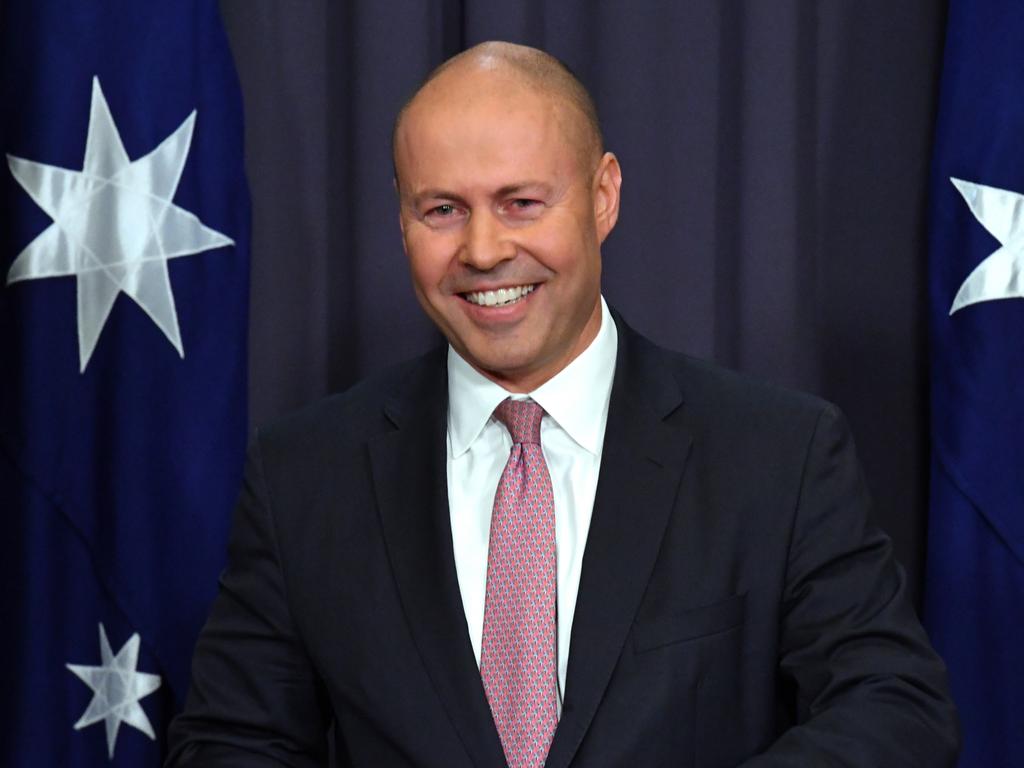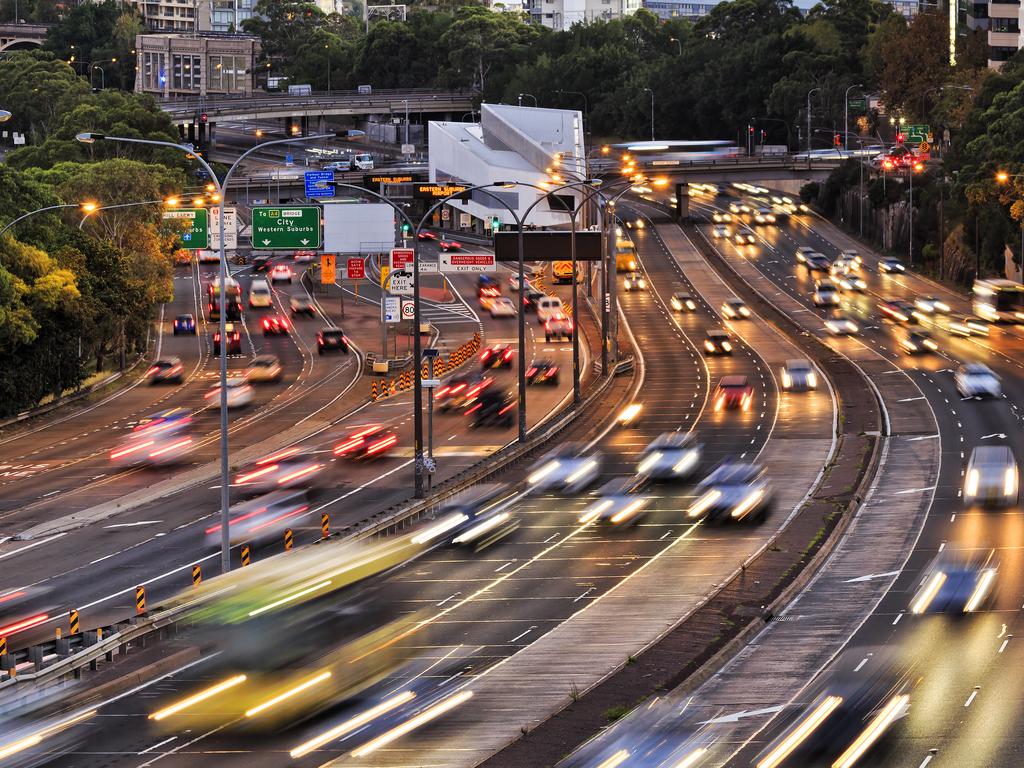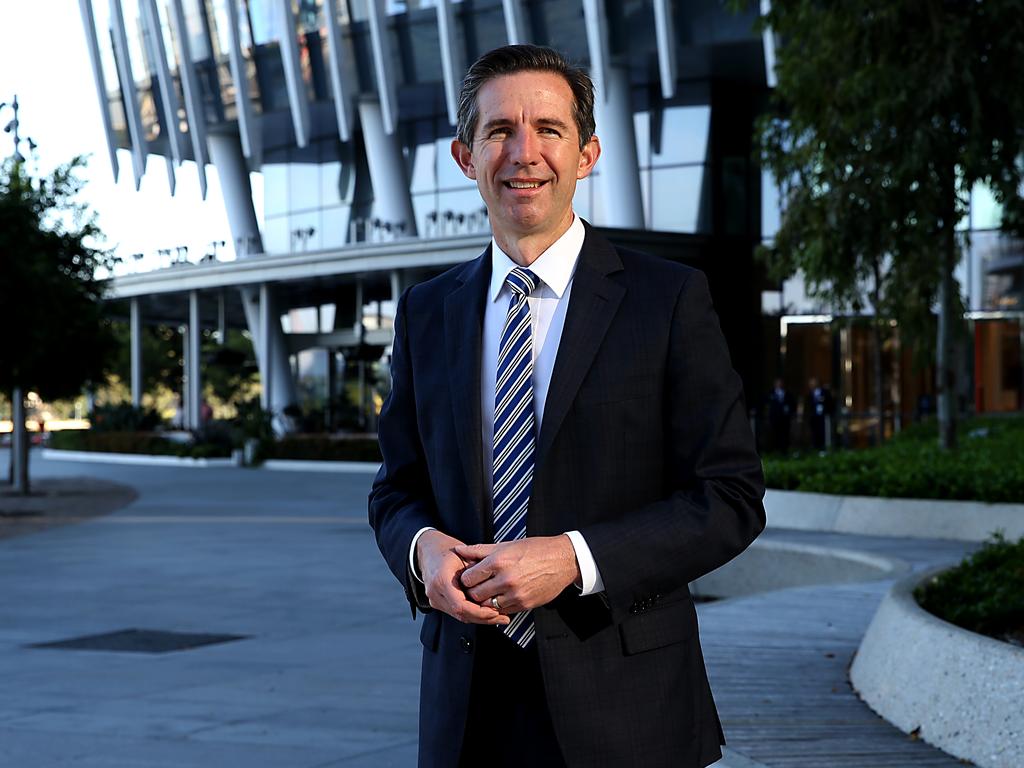Government can’t buy its way out of trouble with the budget


This cannot be a conventional pre-election budget because these times defy convention. The central story of this budget will be surging short-term economic recovery and job creation slashing, yet again, the budget deficit to a magnitude that might deceptively appear to be manageable.
It is fatuous to think this budget can reverse the government’s political fortunes. That cannot happen and it cannot be the objective – since politics and economics are in substantial collision. With the Treasurer declaring the budget will enter the “second phase” of recovery that returns fiscal and spending settings to some degree of normalisation, that means there cannot be new, election-eve spending largesse. The ongoing strategy is to let the economy repair the budget. That’s sensible and fortunate and, so far, it’s working like a dream. Skyrocketing global commodity prices and a stunning labour market performance with unemployment falling into the 3 per cent plus zone – the lowest in a half-century – will deliver strong revenue growth.
But the government is trapped among multiple and conflicting objectives. With cost-of-living pressures off the back of global events driving prices ahead of wages, Frydenberg must show the public the government is listening and cares about community hurt. Hence a package of family-based temporary support to meet the cost pressures, with Frydenberg saying such support will be “targeted and proportionate”.
Consider the irony. While the Treasurer says the budget will phase out the final economy-wide temporary support to cushion the pandemic that scaled $314bn in total, he is now phasing in new temporary support to cushion the impact of price rises. In electoral terms the government has no choice. Cost of living is a profound vulnerability on election eve but such support always comes with risks. Where is the line drawn on beneficiaries? Who misses out? How long does it last? Will a risk-averse public only complain even more? The best political outcome this budget can deliver is to make the Morrison government competitive by returning the national debate to the economy.
At present the government is in extreme danger not because of economic outcomes but because of the hostile public mindset that has formed heavily focused on Scott Morrison.
The contrasting economics-politics equation in Australia today has no parallel in memory.
Unemployment is at 4 per cent, with the Reserve Bank predicting 3.75 per cent by year’s end. The bank forecasts economic growth at a hefty 4.25 per cent this year. Inflation is expected to peak at 3.75 per cent during the year, less than half that of other industrial nations. Household wealth has increased strongly during the pandemic. Interest rates are at historic lows, though they will lift incrementally. Australia’s recovery is much faster than Treasury or the bank predicted.

These are remarkable outcomes – yet what are the polls showing? They predict an electoral wipe-out for the Morrison government. The subjective mood contradicts the macro reality. This budget is framed in a climate of political weakness for the government. Will the Treasurer keep his nerve or lose his cool? That’s a question for budget night.
Frydenberg needs to reset fiscal policy but tend to a damaged electorate looking for security and reliability. This must begin with warnings about the threat. The budget and the election occur against a backdrop of huge global risk and uncertainty – war in Ukraine, growing strategic danger, rising world inflation, disruption of energy markets, escalating nationalism and the threat of more pandemic variations.
The government cannot buy its way out of trouble. Its only hope is to cast itself as the superior guardian in a permanently more troubled world. Frydenberg’s budget will offer a deficit reduction, a debt stabilisation timetable, an economic recovery plan, cost-of-living support, higher defence and national security spending, a strong commitment to health and a pledge to keep a ceiling on taxation. It will be how he synthesises this tricky mixture that matters.
The truth is Australia’s short-term recovery conceals long-run dilemmas. Our fiscal problem is that the economy is strong but the budget, beyond the short term, is vulnerable. As a country Australia is changing. The pandemic’s legacy is a public opinion demanding more from government, expecting more and willing to punish governments that cannot meet its demands. Forget austerity – neither Liberal nor Labor has the slightest interest in that agenda.
Deloitte Access Economics partner Chris Richardson warns while the “near-term budgetary news is good”, the “medium-term budgetary news is bad”. This was apparent from last December’s mid-year review that showed in a decade, in 2031-32, the deficit still running at a sizeable 1.8 per cent of gross domestic product. This points to ongoing deficits as far as the eye can see, running well into the 2030s, the decade after next.
The Liberals have become the party of big spending, driven by the needs of a transformed Australia. The nation has vast new spending obligations – the National Disability Insurance Scheme, social services, aged care, health provision – while it must meet a dangerous world by stronger defence, national security and supply line support. The December review, surely to be replicated in this budget, revealed Morrison-Frydenberg spending running at higher levels than Rudd-Gillard spending.
Herein is another irony. Frydenberg must attack Labor as a spending risk when the reality is both sides of politics, depending on who wins the election, face brutal structural problems on the spending side of the budget. Indeed, Richardson thinks Treasury’s 1.8 per cent deficit estimate in a decade “may be an underestimate”. He believes Treasury has underestimated spending, over-estimated the revenue and over-estimated economic growth. He suggests the deficit figure in a decade is more likely to be 3 per cent of GDP and that the budget will need $40bn in savings annually.
The Australian public doesn’t want to know. The public, battered by the pandemic, fires, floods and cost-of-living pressures, has no interest in an election campaign about the need to prioritise and cut back its expectations. People want a return to the normal life they knew, not a message of substantial reform.
This is the current story of Western democracies. Indeed, Australia is far better off than most other industrialised nations. But Richardson in his latest Budget Monitor says Australia needs “to identify spending we can cut and taxes we can raise”. He said: “This challenge doesn’t need to be faced overnight. But it does need to be faced.”
When will it be faced? Being realistic, it is unlikely to be faced at this election. We shall see. But both sides of politics must negotiate with an electorate nursing pandemic grievance. Whoever wins the election will need to reset politics starting next term, cut expectations and rediscover productivity-enhancing growth.







Josh Frydenberg will bring down a budget next week revealing a stellar, world-leading Australian economic recovery yet compelled to offer cost-of-living support for a public now expecting government support for price rises largely outside government control.